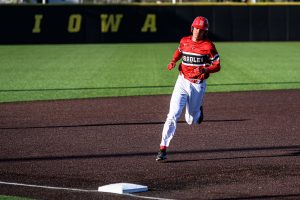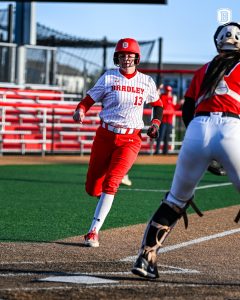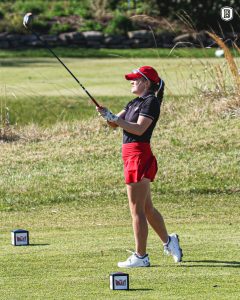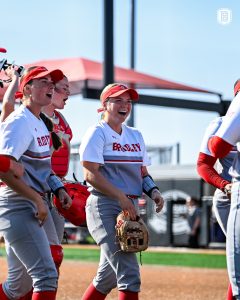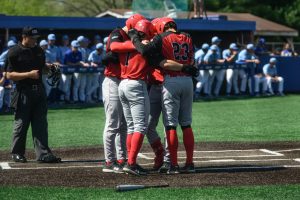Within the monumentally entertaining 2014 NCAA Tournament lies a very frustrating issue.
No, it’s not the fact that your bracket is busted, nor is it the fact you didn’t win Warren Buffet’s one billion dollars.
It’s the “one and done” concept. Or the perception that college basketball players can leave school after playing only one year at their respective college or university.
Syracuse’s Tyler Ennis, Indiana’s Noah Vonleh and even Kansas’ highly touted Andrew Wiggins have already promised to become professionals.
Wiggins held a press conference announcing his jump to the NBA, where he said college “went by so fast.” Which is true; that happens when you only spend seven months in college.
But I digress; that isn’t even the crux of the issue.
It’s when these college basketball players are expected to leave after one year is when this issue evolves from frustrating to infuriating.
Recently, University of Kentucky Coach John Calipari said he would address the “one and done” issue.
And you better believe he did.
Calipari, who has coached the most (13) “one and done” players among NCAA Division I coaches, said that he wants to replace the phrase “one and done” with “succeed and repeat.”
This is exactly when the issue shifts to infuriating.
It’s one thing for an athlete to forgo his or her college education and experience for the promise of NBA stardom and millions of dollars.
But it’s a whole new issue when the coaches that these players look up to and commit their talents want, and even expect them, to move on after one year in college.
It’s interesting to watch how good these “one and done” players are, because some of them truly are astounding.
They play the game at such a high level that they are technically ready to go pro. But they still lack essential lessons that college teaches, both on and off the court.
College teaches a professional how to conduct his or herself as a player and how to deal with a heartbreaking loss or upset. However, it’s the lessons in the classroom that become equally as important.
When a college player calls himself a professional, his collegiate career is over. There’s no going back.
And what happens when such player, who leaves college as underclassman, goes pro and, due to injuries or some other issue, they’re forced to quit basketball?
They are put out in the world and can only rely on one thing: their college education. Being a “one and done” player without that college education leaves that certain player as an uneducated adult with more money that they possibly know what to do with.
Examples of this are players like Xavier Henry, Donté Green, Kousta Koufos and Anthony Randolph who all went “one and done” as freshmen, and were first round picks in recent NBA drafts.
Ever hear of these players and their outstanding pro careers?
Exactly.
Sure, there are examples where leaving early doesn’t cause issues. It can help out certain players who can’t afford to stay in college, have a family to support or have other issues that college hurts more than help. But more often than not the player ends up like those in the list above.
But when these young adults futures are sacrificed for a coach’s benefit, that’s when “one and done” becomes “done for good.”
Chris Kwiecinski is a sophomore sports communication major from Vernon Hills, Illinois.
